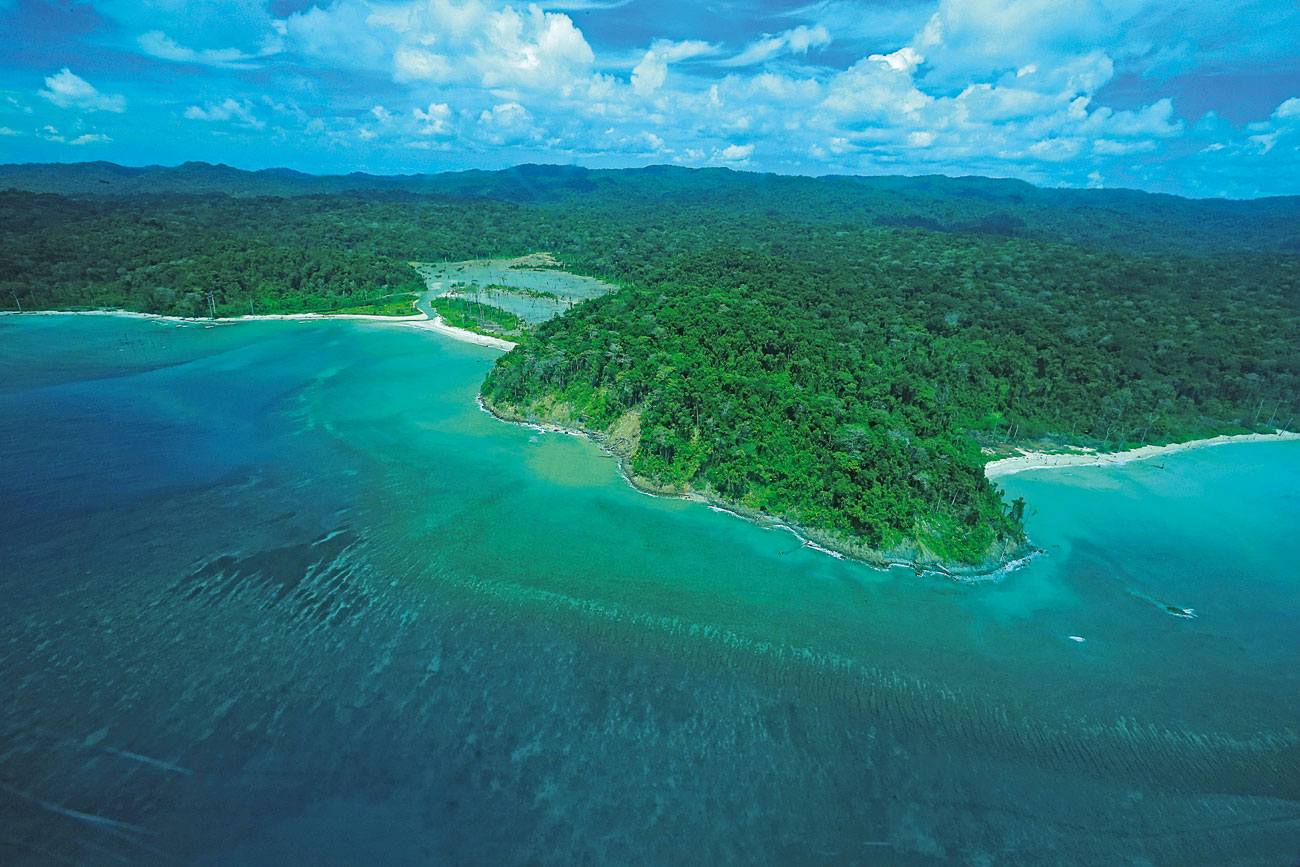India’s government has announced a bold plan to transform Great Nicobar island into a bustling military and trade hub, citing strategic importance in the Indian Ocean amid growing regional tensions. However, the $9 billion project has sparked a heated debate, with environmentalists, scientists, and activists expressing deep concerns about its impact on the island’s fragile ecosystem and indigenous communities.
The proposed development includes an international container terminal, a dual-use airport, a power plant, and a new township, aiming to boost the island’s population to hundreds of thousands. Proponents of the project see it as a necessary step to counter China’s influence in the region and tap into the island’s strategic location near major shipping lanes.
Critics, on the other hand, argue that the project would irreversibly damage the island’s pristine rainforests, home to diverse wildlife, including leatherback sea turtles, dolphins, and migratory birds. They warn that the construction of a large port at Galathea Bay could destroy critical nesting areas and coral reefs, while the influx of people could strain limited resources and lead to the extinction of indigenous tribes like the Shompens.
Survival International, a human rights organization, has raised concerns about the survival of the Shompen tribe, who have lived on the island for thousands of years. The group warns that the project could lead to their total extinction, as they struggle to adapt to a rapidly changing environment.
Despite the controversy, India’s government has remained steadfast in its commitment to the project, arguing that environmental concerns have been addressed. However, critics continue to call for a halt to the development, citing the potential catastrophic consequences for both the environment and indigenous communities.
The debate over the future of Great Nicobar island highlights the delicate balance between economic development and environmental conservation, raising important questions about the long-term sustainability of such ambitious projects in fragile ecosystems.
(Source: DW | Taiwan News | BBC)









